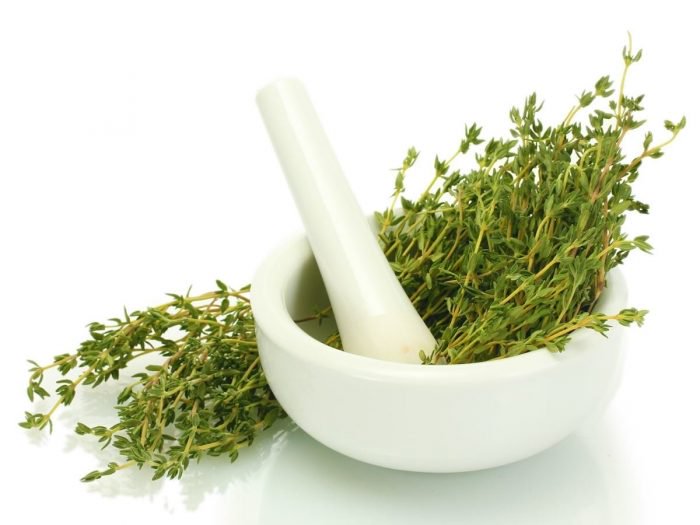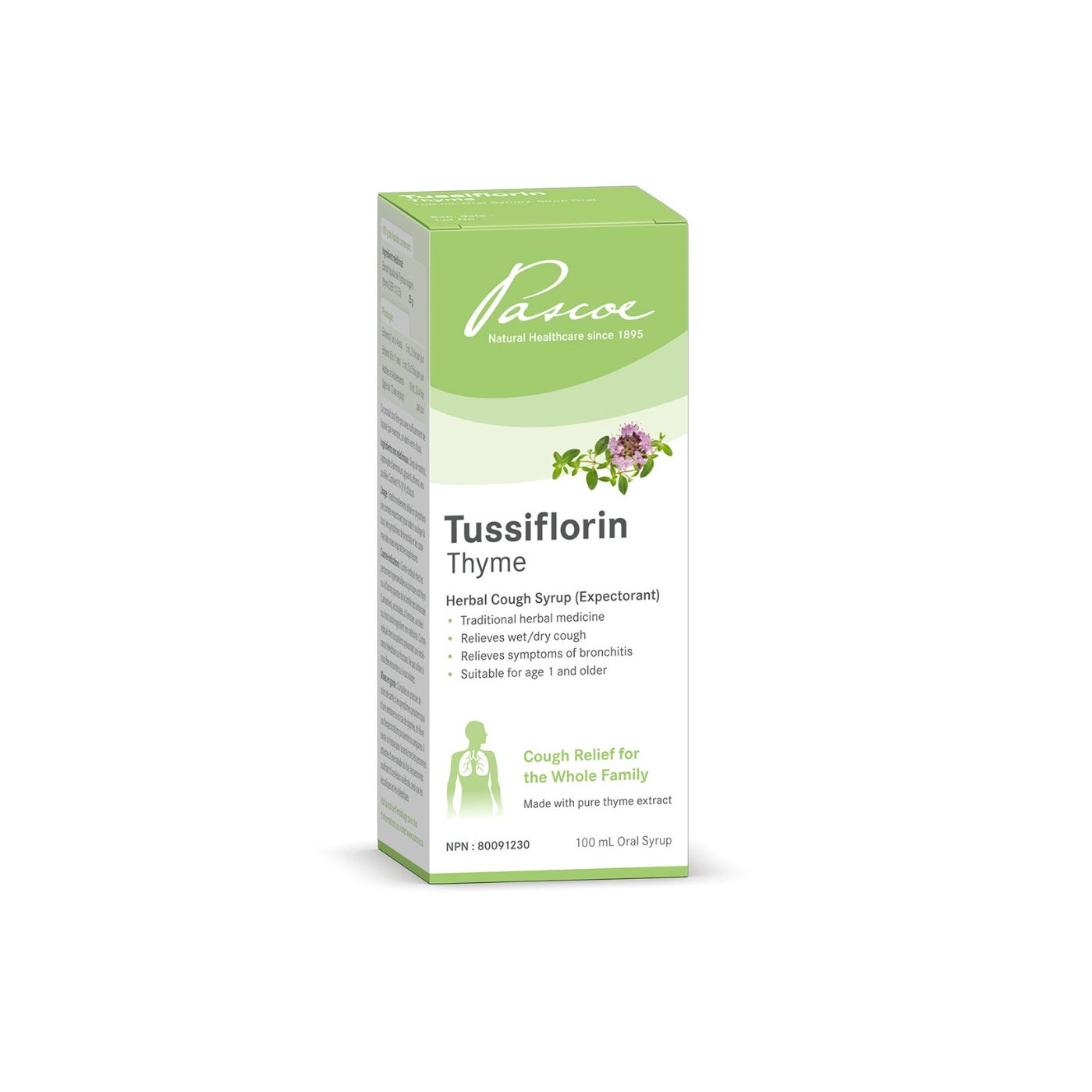Thyme: Nature's Cure for Coughs
Thyme is a Mediterranean herb with dietary, medicinal, and ornamental uses. It is used in a number of cuisines from all around the world including Latin, European, Mediterranean, African, British and the Caribbean. It is available for purchase either fresh or dried to be used in cooking and medicinally. The thyme plant is robust and hardy and will grow outdoors in the warmer months or indoors in a planter all year round.
But there is probably a lot about thyme that you didn't know.
Varieties of Thyme
Thyme for Medicinal Purposes


- Antibacterial
- Antifungal
- Antimicrobial
- Anti-inflammatory
- Antitussive
- Antispasmodic
Thyme for Sore Throat, Cough, Cold and Flu
Coughs due to colds are among the most common reasons to see a pharmacist or family doctor. In children, cough along with fever is considered the most common symptom in all age groups. A cough can be very stressful on the body and can affect overall well-being considerably.
There are several types of coughs:
-
Chest Cough: Triggered by excessive mucus.
-
Dry, Tickling Cough: Occurs when the throat doesn’t produce enough mucus, resulting in throat irritation.
-
Bronchitis: Produces yellow-grey phlegm and is normally accompanied by cold-like symptoms such as stuffy nose, headache, and fatigue.
-
Whooping Cough: Initially presents with mild, cold-like symptoms that persist into severe coughing episodes over the course of a few weeks – this cough is highly contagious, especially for children.
With its antifungal and antispasmodic effects, this herbal remedy fights agents that cause bronchitis and helps to subdue coughs and soothe a sore throat. From wet/chest coughs to dry hacks, to bronchitis, thyme has been known to ease and relieve all kinds of coughs. Thyme subdues coughs and relaxes bronchial muscles. Thyme works as a first-rate expectorant that helps the body loosen and thin mucus, making it easier to cough up and expel from the body. Thyme is so effective in alleviating the symptoms of sore throat and cough that it is often an active ingredient in common over the counter cold and cough remedies like cough syrups and drops.
Benefits of Thyme for Sore Throat, Cough, Cold and Flu
-
Relieves cough by relaxing muscles involved in coughing
-
Thins mucus, making it easier to expel
-
Decreases mucus associated with allergies and upper and lower airway infections
-
Reduces inflammation in the airways (bronchitis)
-
Has anti-bacterial, anti-viral, and anti-fungal properties
Next time you're faced with a cough due to cold or flu, consider taking thyme as a natural/herbal remedy. A basic, soothing thyme tea can be made to help ease a sore throat and relax the muscles associated with coughing. It can also help with loosening phlegm and mucus to help eliminate from the chest.


